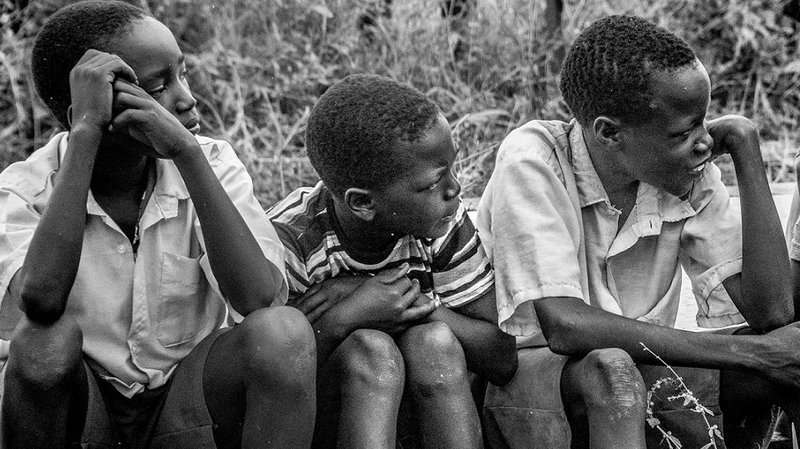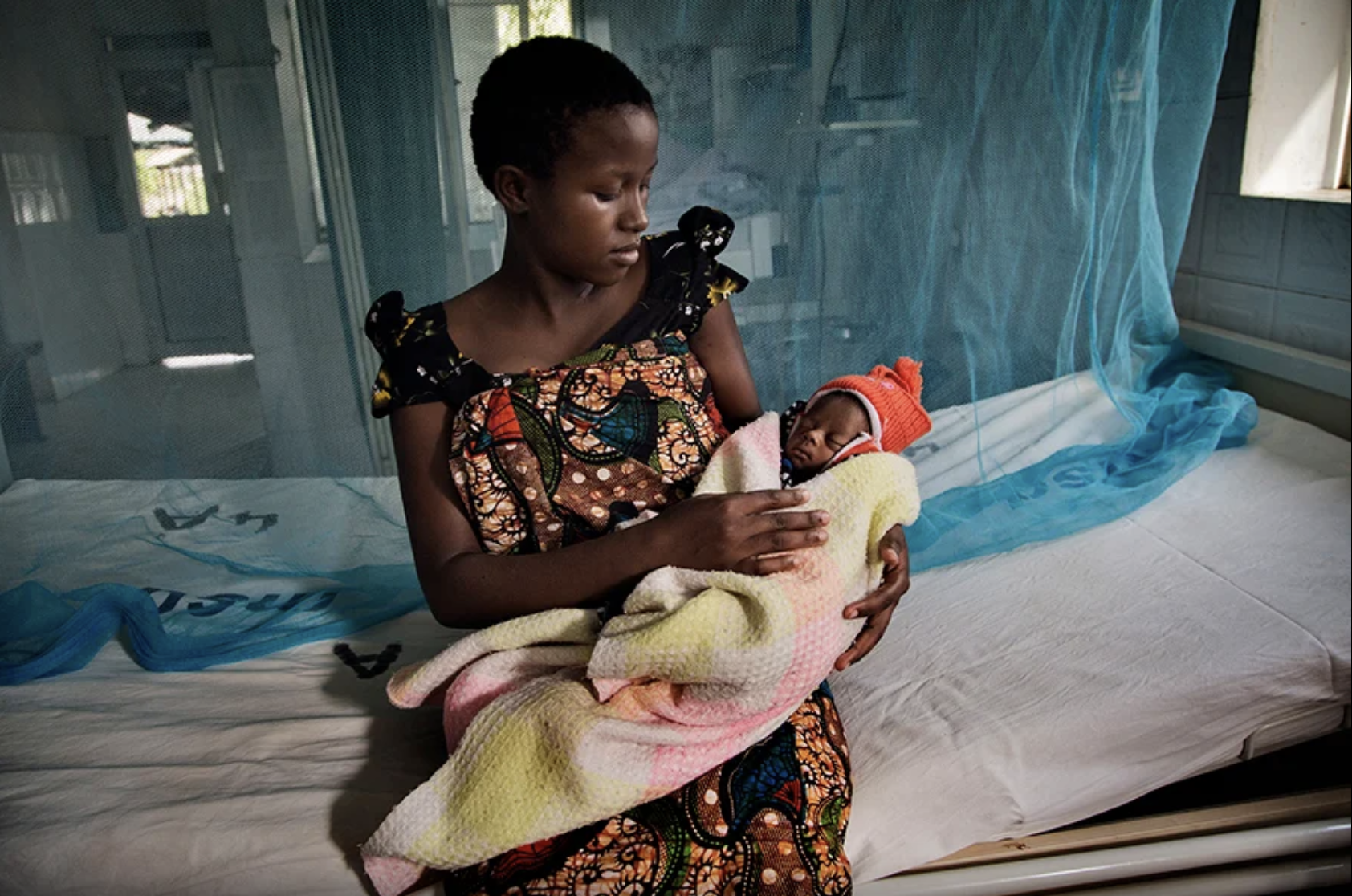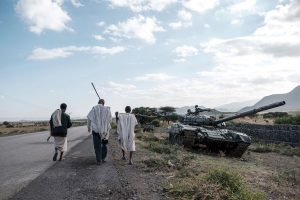By: Tracy Acquan
Journal of Global Rights and Organizations, Associates Articles Editor
THE HAGUE, Netherlands– On January 16, 2023, the International Criminal Court (“ICC”) approved a sample list of individuals for reparations relating to the alleged crimes of Dominic Ongwen. The Chamber was fully content that the “assembled sample of 205 victims” was “sufficiently representative of the universe of potential victims [in] regards to gender, age, alleged harm, alleged crimes, and alleged locations” of the crimes.

This decision comes a month after the Appeals Chamber of the ICC rejected Dominic Ongwen’s appeal of Trial Chamber IX’s decision to find him guilty of war crimes. He was sentenced to 25 years of imprisonment after being found guilty of “61 crimes, committed in Northern Uganda between July 1, 2002, and December 31, 2005.”
Between the tender ages of nine to fourteen, Ongwen was abducted by the Lord’s Resistance Army (“LRA”) “as he was walking to school in northern Uganda.” As the years went by, he rose in ranks from child soldier to commander in the LRA. Established in 1988 by Joseph Kony, the LRA is a Ugandan rebel group “currently operating in the border region of the Democratic Republic of Congo, Central African Republic, and South Sudan.” The LRA is responsible for displacing and mutilating people, abducting “67,000 youth, including children for use as child soldiers, sex slaves, and porters.” In March of 2010, Congress passed the “Lord’s Resistance Army Disarmament and Northern Recovery Act of 2009” as a measure to support and assist in efforts to disband the group, protect civilians, and restore peace to the people of central Africa.
Popularly known as the “White Ant” Ongwen is accused of committing some of the most horrific crimes against humanity which include but are not limited to rape, torture, mutilation, abduction, and recruitment of child soldiers. During his appeal, Ongwen characterized himself as a victim, stating that “I’m one of the people against whom the LRA committed atrocities.” His defense of “mental disease or duress” was insufficient to absolve himself of punishment. Ongwen’s defense was unsuccessful in proving that he lived in a “constant state of fear.” The imminence element of duress requires a showing that the defendant lived with “a threat of death or serious bodily harm” on a “continuing basis.” Ongwen was described by witnesses as a “self-confident commander who had disobeyed orders.” He even had a contentious relationship at times with Joseph Kony.
The ICC’s decision to accept the sample list is a step towards the goal of obtaining reparations for the 4,065 victims of Ongwen’s crimes. After Ongwen’s conviction, many activists feared delays in the reparations phase of the proceedings due to procedural delays. The ICC wanted to accept a sample “sufficiently objective and statistically representative” of the victims. The victims would be randomly selected by the “Registry within five main categories of the victims in the case.” This includes crimes committed in the camp of Pajule IDP, the Odek IDP, Lukodi IDP, sexual and gender-based crimes, and crimes against soldiers. Moving forward the ICC instructs the LRVs to consult with the victims on whether they “consent to their identities being disclosed to the Defense.” Many victims hope that these proceedings will serve as a “recognition of the harms” they have faced at the hands of Dominic Ongwen, “The White Ant.”
For further information please see:
BBC-Dominic Ongwen-from child abductee to LRA rebel commander -6 May 2021
Counter Terrorism Guide-Lord’s Resistance Army (LRA)
ICC-Ongwen case: ICC Appeals Chamber confirms the conviction and sentencing decisions- 15 Dec. 2023
Opinio Juris-Managing Expectations of Victims and Sustaining Community Outreach-11 May 2022



